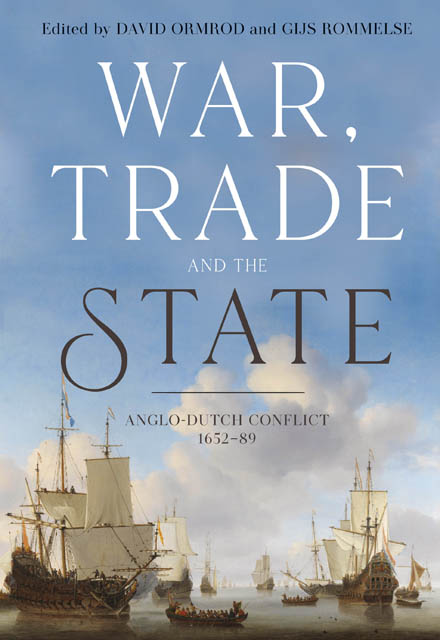12 - Michiel de Ruyter: a multi-purpose hero
Published online by Cambridge University Press: 18 January 2023
Summary
During his lifetime seventeenth-century Dutch admiral Michiel de Ruyter was already a popular figure. His fame has lasted until the present day, although recently it has suffered considerably because of his involvement in the Dutch Atlantic slave trade. Much more than his expedition to West Africa and the Caribbean (1664–65), or the great naval battles against the British on the North Sea, it was the Medway Raid of June 1667 that formed De Ruyter’s principal claim to fame and honour. This essay analyses how Michiel de Ruyter has been used for varying ideological purposes in the last four centuries. Pictorial sources (prints, paintings, posters and statues), film, music and song texts are among the sources underpinning the thesis that De Ruyter was a multi-purpose national hero, usable for any ideological purpose. In this respect his public image was considerably more flexible than the image of comparable heroes in neighbouring countries like Horatio Nelson.
Michiel de Ruyter is the prototype of a hero. The Dutch historians Jan and Annie Romein-Verschoor devoted a chapter to De Ruyter in Erflaters van onze beschaving (Testators of our civilisation), a collection of short biographies of men and women they regarded as key figures of Dutch history, originally published in 1938. They defined ‘heroes’ as ‘persons who, by birth and social prestige, by an exceptional deed or function, by the sacrifice of their life – or a combination of all that – have become figures of collective imagination. In addition, each of their features or accomplishments became part of their extraordinary greatness.’ In De Ruyter’s case, his violent death during a sea battle in 1676, his austerity and his friendly association with his men added greatly to his status as a hero. His god-fearing Christian lifestyle also contributed to his popularity and status, a virtue more appreciated in the past than nowadays.
De Ruyter was very popular among the crew of the fleet. Sailors called him Bestevaer (granddad), and on land he was equally known and loved. Pamphlets, prints and illustrated broadsheets are proof of this. Another sign of contemporary respect is the series of identical portraits of De Ruyter as the commander of the navy.
- Type
- Chapter
- Information
- War, Trade and the StateAnglo-Dutch Conflict, 1652-89, pp. 273 - 292Publisher: Boydell & BrewerPrint publication year: 2020



